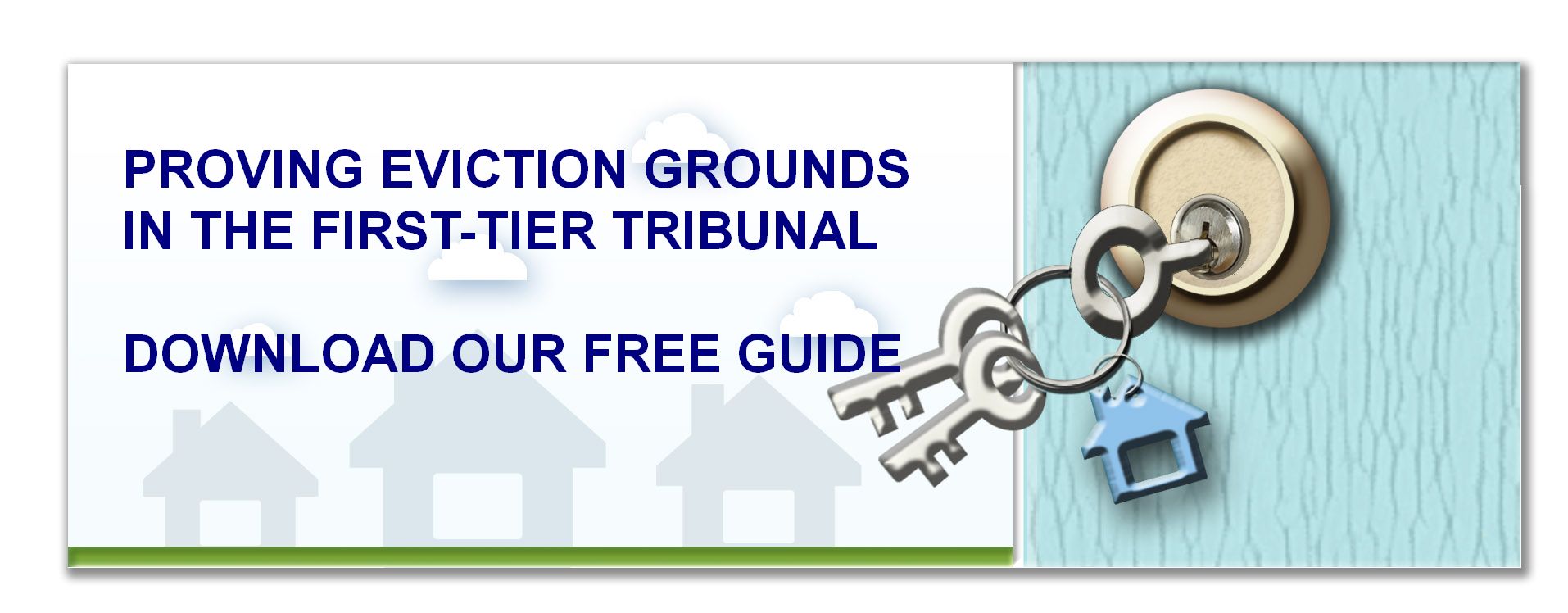We previously blogged about what options are available to landlords where one joint tenant wants to leave a rented property and the other(s) wish to remain. That blog related to assured and short assured tenancies under the Housing (Scotland) Act 1988. So what happens when a Joint Tenant wants to leave a Private Residential Tenancy?
Landlords will be aware that under the Private Housing (Tenancies)(Scotland) Act 2016, all new tenancies created after 1st December 2017 will be Private Residential Tenancies (PRTs). The position regarding ending a joint tenancy by either landlords or tenants is different under the 2016 Act.
One joint tenant cannot terminate the tenancy on behalf of all tenants. Therefore, to end a PRT, all joint tenants must agree and sign the Notice to Leave, giving the landlord at least 28 days’ notice in writing (unless a shorter notice period has been agreed).
If a landlord receives Notice to Leave from only one joint tenant, that notice will not have the effect of terminating the tenancy and the joint PRT will continue, with both parties remaining liable.
Similarly, a landlord wishing to serve Notice to Leave must do so on all joint tenants. Effectively that means if a joint tenant advises the landlord they are no longer occupying the property and wish to be released from the tenancy, the landlord cannot serve a Notice to Leave to assist in freeing the vacating tenant from their obligations, since the ground (10 – not occupying let property) would only apply to one of the joint tenants.
If, however, another ground did exist, for example rent arrears, then the landlord could serve Notice to Leave under that ground on all joint tenants to end the PRT.
Where no eviction ground can be established, a solution could be that an agreement is reached between the parties whereby all joint tenants give Notice to Leave on the understanding that the landlord will offer a new PRT to the tenant(s) who wish to remain in the property. However, it is important to remember that Notice must be given freely and without coercion of any kind. It remains to be seen how that will be interpreted in practice.
For more information or advice if a joint tenant wants to leave a Private Residential Tenancy, please contact our experienced team.







